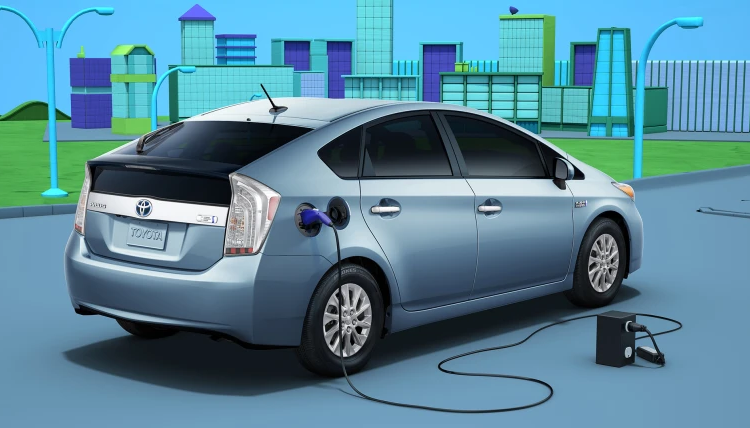
Can You Drive a Hybrid without the Battery? Exploring the Scenarios
Hybrid vehicles, with their unique combination of electric and gasoline-powered systems, often spark questions about their functionality in specific situations. In this guide, we address crucial queries surrounding driving a hybrid without the battery, understanding how a hybrid operates, and the consequences of running out of gas.
How Does a Hybrid Vehicle Work?
Before delving into scenarios of driving without the battery, it’s essential to comprehend how hybrid vehicles function. Hybrids integrate an electric motor with a gasoline engine, sharing responsibilities to optimize fuel efficiency.
Typically equipped with two batteries – a conventional 12-volt battery for electronics and a high-voltage battery for powering the car independently of gasoline – hybrids utilize regenerative braking to recharge the high-voltage battery. This process converts kinetic energy into stored energy, enhancing the battery’s lifespan.
What Happens When Your Hybrid Runs Out of Gas?
The outcome of running out of gas in a hybrid varies across models. Some hybrids, like the Chevy Tahoe and Nissan Altima Hybrid, will shut down if they run out of gas, emphasizing the importance of gasoline for certain models.
Running hybrids without gas poses a risk of battery damage, prompting manufacturers to prioritize gas availability to prevent potential harm to vital components.
Toyota’s Prius offers a unique approach, allowing limited travel on battery power after running out of gas, offering a safety buffer to reach a gas station. However, the distance covered depends on factors like battery charge, health, and terrain.
Can You Still Drive a Hybrid Without the Battery?
Driving a hybrid without the battery is possible in some cases, notably in parallel systems like the Toyota Prius. In these scenarios, the vehicle relies on gasoline alone, albeit with reduced performance and smoothness. However, prolonged use without the high-voltage battery is discouraged, and immediate battery replacement is recommended for optimal efficiency.
High-voltage battery failure can significantly impact hybrid performance, leading to decreased fuel efficiency, charge state fluctuations, and unusual engine noises.
Recognizing signs of battery failure and promptly replacing it with a new or refurbished one from reputable distributors like Exclusively Hybrid ensures continued efficiency and longevity.
In conclusion, understanding the intricacies of hybrid systems and adhering to manufacturer recommendations for regular maintenance contributes to a reliable and efficient hybrid driving experience.
Balancing the utilization of both gasoline and electric power sources ensures optimal performance while addressing potential challenges associated with running out of gas or driving without the battery.

1 Comments
Thanks for sharing. I read many of your blog posts, cool, your blog is very good.